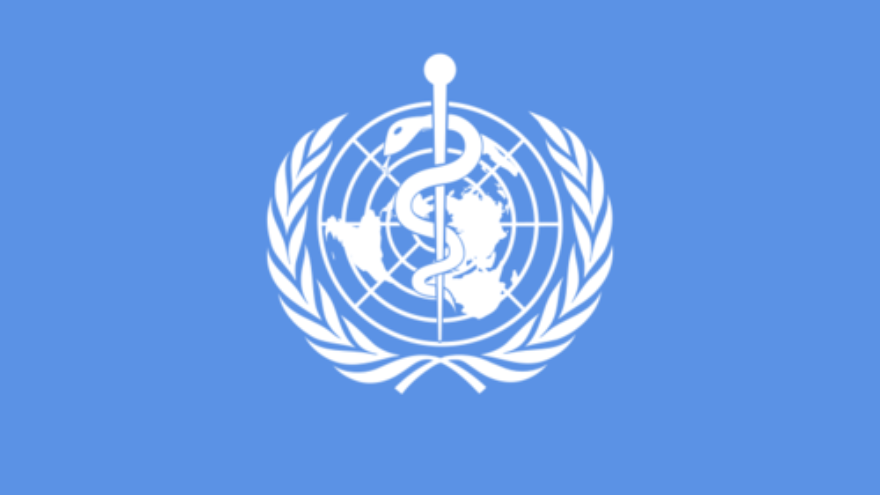The World Health Organization (WHO) has recently backpedaled on its claim that the spread of COVID1-9, the infection caused by the novel coronavirus, by asymptomatic people is “very rare.”
On Monday, WHO official and infectious disease epidemiologist Dr. Maria Van Kerkhove made an assertion that the transmission of the virus through asymptomatic people is rare.
However, on Tuesday, she said the assertion was based on just two or three studies and that it was a “misunderstanding” to say that coronavirus transmission by people without symptoms is rare, according to The New York Times.
“I was just responding to a question, I wasn’t stating a policy of WHO or anything like that,” Dr. Van Kerkhove said.
Many experts criticized the global health organization for creating confusion about such an important public health issue.
On Tuesday, researchers from the Harvard Global Health Institute said in a statement, “All of the best evidence suggests that people without symptoms can and do readily spread SARS-CoV-2, the virus that causes COVID-19,” The Times reported.
They cautioned, “Communicating preliminary data about key aspects of the coronavirus without much context can have tremendous negative impact on how the public and policymakers respond to the pandemic.”
In April, a study suggested that people with COVID-19 are most infectious for up to two days before symptoms appear. The study estimated that 44 percent of new COVID-19 infections are due to transmission from asymptomatic people, according to The Times.
Globally, the virus has affected more than 7.4 million people and killed over 419,000 so far.
In the United States, public health officials have so far reported over 2 million cases and 115,130 deaths, according to worldometer.info. On Wednesday, the officials have reported a surge in COVID-19 cases in nine states – Texas, North and South Carolina, California, Oregon, Arkansas, Mississippi, Utah, and Arizona, according to the Washington Post.























